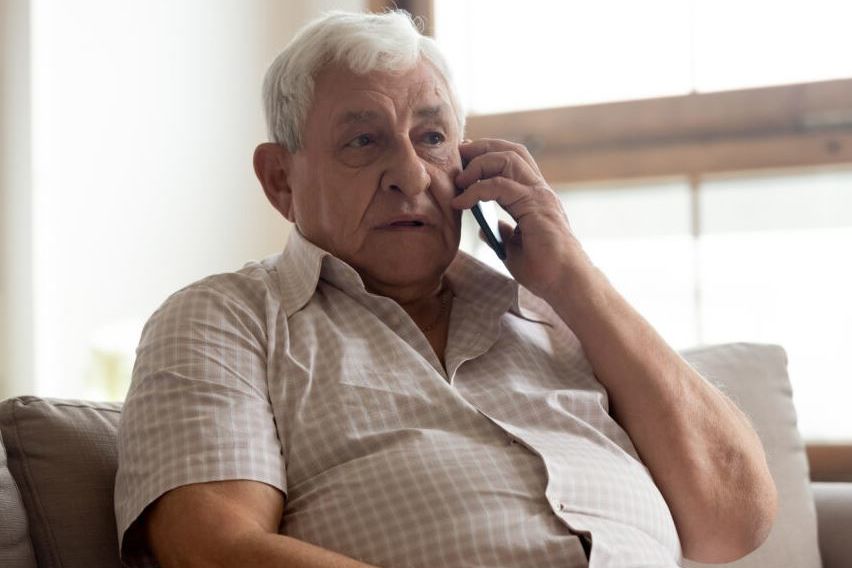Blood test may help detect Alzheimer’s
An accurate, cost effective, and less invasive test is good news for people showing early symptoms.

Researchers at the Mayo Clinic, in the United States, believe they’ve found another effective weapon in their armoury of diagnosis techniques of a disease that threatens millions of people around the world, and which currently has no cure.
Blood tests have been found to detect Alzheimer’s disease by examining two proteins in blood plasma.
The proteins – amyloid beta 42/40 and p-tau217 – are linked with amyloid plaque buildup, which is a hallmark of Alzheimer’s disease.
Researchers found the blood test was 95% accurate in picking up people with memory problems, with very few cases missed. It was also 82% for specificity, which means it was also highly accurate in ruling out people without dementia.
“This study shows how blood tests are making diagnosis of Alzheimer’s disease quicker, easier, and more accessible than ever before in a real-world setting,” study lead, Dr Gregg Day, said.
“While focused on Alzheimer’s disease, the test was evaluated in people with other types of dementias too, showing that it may help with differentiate causes of cognitive decline, though more research in diverse groups of individuals and in community-based setting is still needed,” he said.
The findings show promise in:
Better identifying research participants with Alzheimer’s disease brain changes
Screening and selecting patients with Alzheimer’s for clinical trials
Assessing how patients respond to therapy in clinical trials.
More than 500 patients, ranging in age from 32 to 89, received treatment for a range of memory issues, including early- and late-onset cognitive impairment, typical and atypical Alzheimer’s disease, Lewy body dementia, and vascular cognitive impairment.
The blood test has been approved by the Food and Drug Administration regulator in the US.
The next steps in the research were to evaluate blood-based testing in more diverse patient populations and people with early Alzheimer’s who showed no cognitive symptoms.
The Mayo Clinic findings have yet to flow to Australia, where multiple testing is still common, enabling medical staff to rule out some conditions and home in on the causes of symptoms.
These tests take time, possibly over 12 months, and can be daunting. A description of the testing regime is available here.
For many people, getting a diagnosis of dementia can be frightening. It can also be a shock for families, friends, and carers.
Dementia Australia (DA) advises that when your doctor tells you the diagnosis, you might find it hard to take it all in. It’s sometimes difficult to think of the questions you want to ask in the moment.
It’s okay to book another appointment with your doctor, to give you time to think of everything you need to ask or say.
DA offers a National Dementia Helpline, which you can contact by phone, email, or webchat at any time, day or night. You can talk about the diagnosis, or any other aspect of dementia.
After the diagnosis, your doctor will provide advice and information. DA offers an informative, reassuring and practical guide that includes advice on:
Post diagnostic support
Telling someone they have dementia
Coping with your diagnosis
Telling people about your diagnosis.
More information about the state of dementia research is available here.
Related reading: Mayo Clinic, The Guardian, Dementia Australia
Disclaimer: This article is for information purposes only and should not be considered medical advice. Consult a healthcare professional about any health concerns or before making any changes to your medication, diet, or exercise routine.




